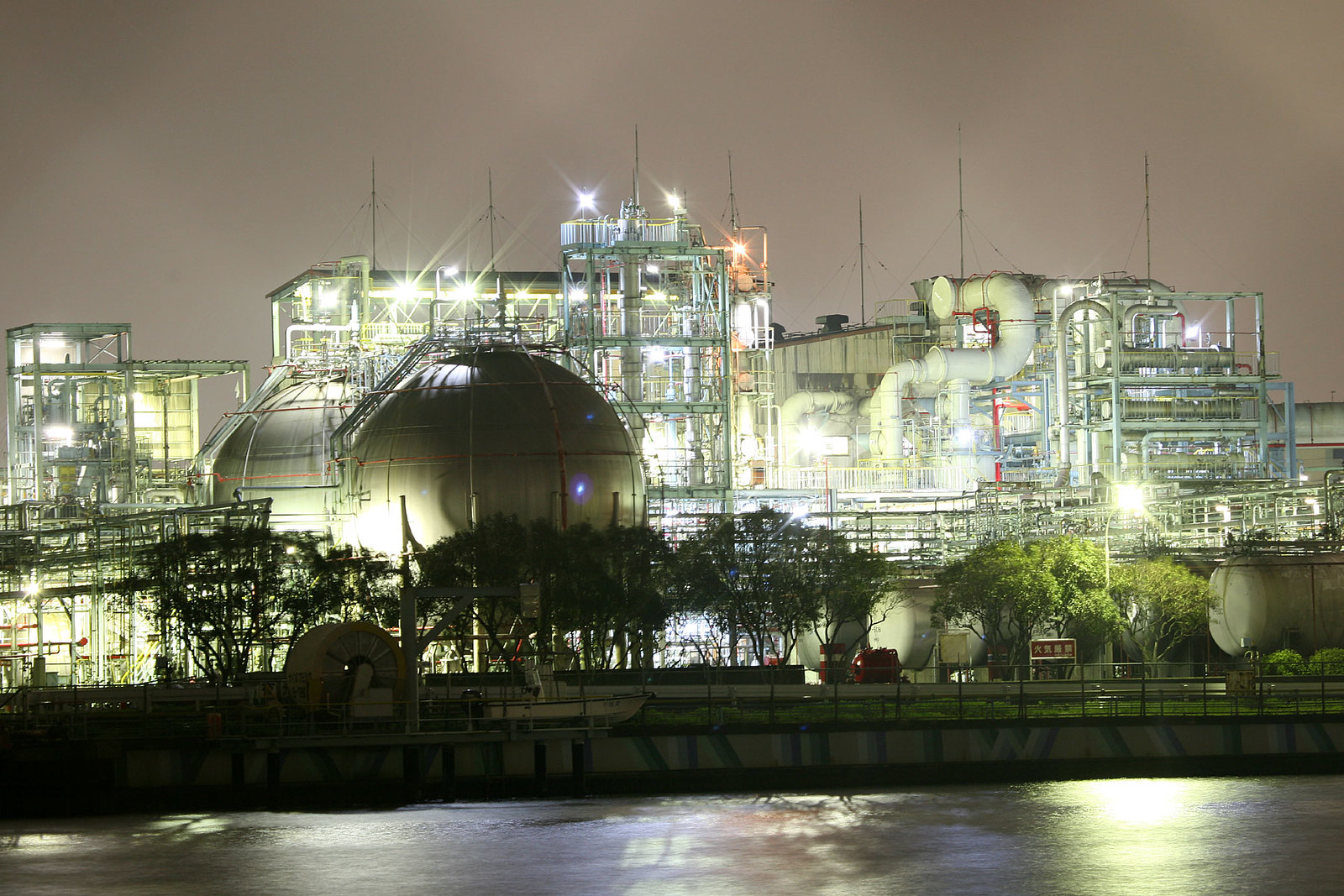In the mid-1950’s, Japan began developing vast industrial complexes along its eastern coastline to support the development of the country’s petroleum, petrochemical and steel industries during a post-WWII boom. This was also a time when the nation’s focus on energy resources shifted from coal to oil.
More than a half century later, these complexes face a herculean challenge to transition their fossil fuel-intensive industries to cleaner alternatives all the while trying to maintain international competitiveness.
An interesting example of how the transformation may turn out lies in Kawasaki, a port city just south of Tokyo. The city hosts one of Japan’s major petrochemical industrial clusters. Now, Kawasaki wants to gain recognition as a leader in efforts to decarbonize the traditional industrial sector.
In January, Kawasaki City became Japan’s first industrial cluster to join an initiative launched by the World Economic Forum (WEF) and Accenture and the Electric Power Research Institute. Named the Transition Industrial Clusters Towards Net Zero, the project supports industrial clusters in their efforts to achieve net zero emissions.

